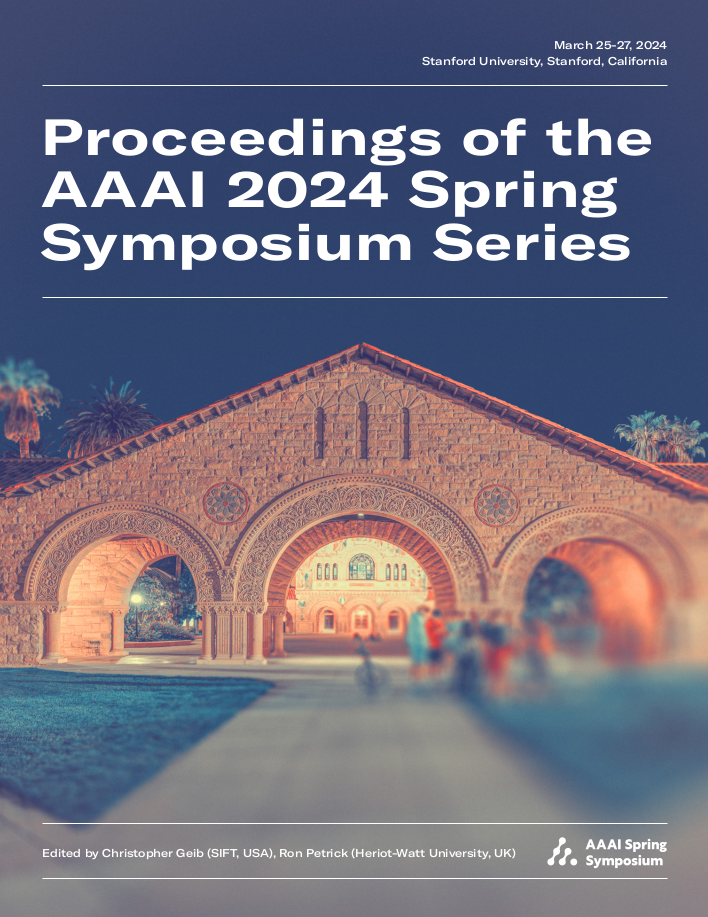K-PERM: Personalized Response Generation Using Dynamic Knowledge Retrieval and Persona-Adaptive Queries
DOI:
https://doi.org/10.1609/aaaiss.v3i1.31203Keywords:
Information Retrieval, Personalization, Conversational Agents, LLMsAbstract
Personalizing conversational agents can enhance the quality of conversations and increase user engagement. However, they often lack external knowledge to appropriately tend to a user’s persona. This is crucial for practical applications like mental health support, nutrition planning, culturally sensitive conversations, or reducing toxic behavior in conversational agents. To enhance the relevance and comprehensiveness of personalized responses, we propose using a two-step approach that involves (1) selectively integrating user personas and (2) contextualizing the response by supplementing information from a background knowledge source. We develop K-PERM (Knowledge-guided PErsonalization with Reward Modulation), a dynamic conversational agent that combines these elements. K-PERM achieves state-of-the- art performance on the popular FoCus dataset, containing real-world personalized conversations concerning global landmarks.We show that using responses from K-PERM can improve performance in state-of-the-art LLMs (GPT 3.5) by 10.5%, highlighting the impact of K-PERM for personalizing chatbots.Downloads
Published
2024-05-20
How to Cite
Raj, K., Roy, K., Bonagiri, V., Govil, P., Thirunarayan, K., Goswami, R., & Gaur, M. (2024). K-PERM: Personalized Response Generation Using Dynamic Knowledge Retrieval and Persona-Adaptive Queries. Proceedings of the AAAI Symposium Series, 3(1), 219-226. https://doi.org/10.1609/aaaiss.v3i1.31203
Issue
Section
Empowering Machine Learning and Large Language Models with Domain and Commonsense Knowledge

